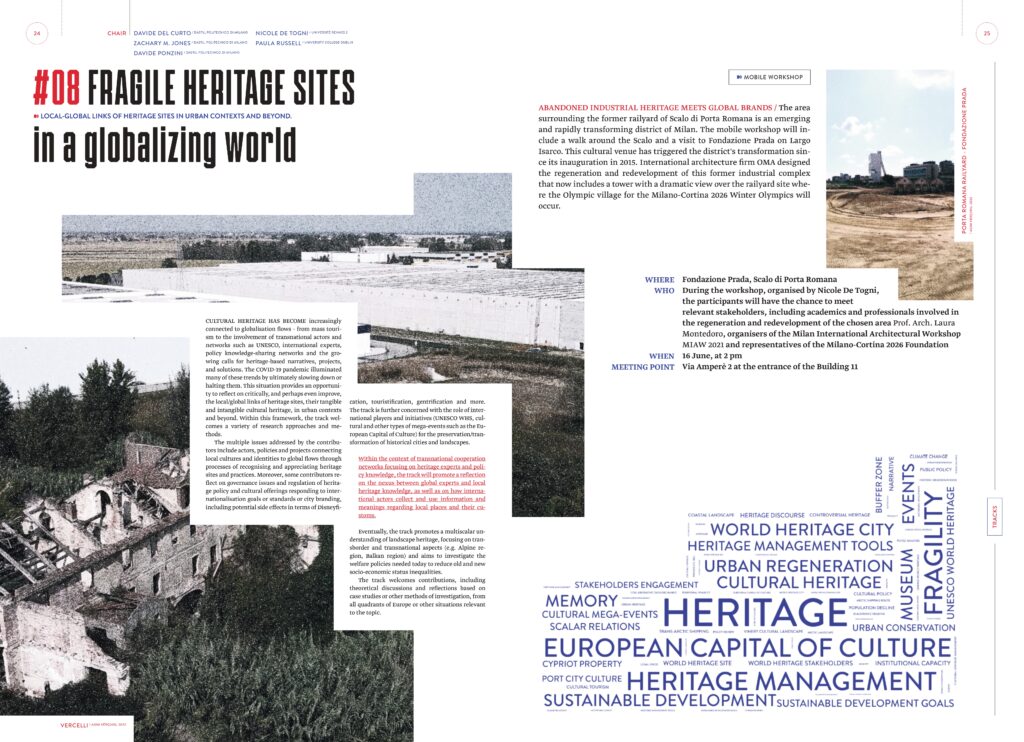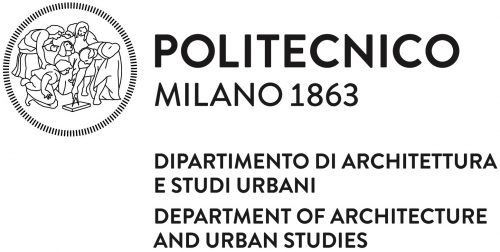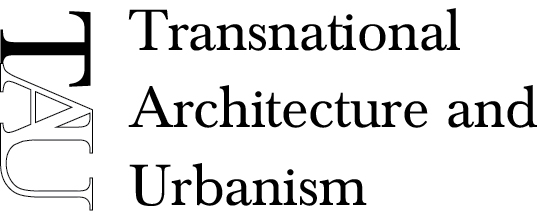
Cultural heritage has become increasingly connected to globalisation flows – from mass tourism to the involvement of transnational actors and networks such as UNESCO, international experts, policy knowledge-sharing networks and the growing calls for heritage-based narratives, projects, and solutions. The COVID-19 pandemic illuminated many of these trends by ultimately slowing down or halting them. This situation provides an opportunity to reflect on critically, and perhaps even improve, the local/global links of heritage sites, their tangible and intangible cultural heritage, in urban contexts and beyond. Within this framework, the track welcomes a variety of research approaches and methods.
The multiple issues addressed by the contributors include actors, policies and projects connecting local cultures and identities to global flows through processes of recognising and appreciating heritage sites and practices. Moreover, some contributors reflect on governance issues and regulation of heritage policy and cultural offerings responding to internationalisation goals or standards or city branding, including potential side effects in terms of Disneyfication, touristification, gentrification and more. The track is further concerned with the role of international players and initiatives (UNESCO WHS, cultural and other types of mega-events such as the European Capital of Culture) for the preservation/transformation of historical cities and landscapes.
Within the context of transnational cooperation networks focusing on heritage experts and policy knowledge, the track will promote a reflection on the nexus between global experts and local heritage knowledge, as well as on how international actors collect and use information and meanings regarding local places and their customs.
Eventually, the track promotes a multiscalar understanding of landscape heritage, focusing on transborder and transnational aspects (e.g. Alpine region, Balkan region) and aims to investigate the welfare policies needed today to reduce old and new socio-economic status inequalities.
The track welcomes contributions, including theoretical discussions and reflections based on case studies or other methods of investigation, from all quadrants of Europe or other situations relevant to the topic.
Track co-chairs:
- Davide del Curto
- Zachary M. Jones
- Davide Ponzini
- Nicole de Togni
- Paula Russel

